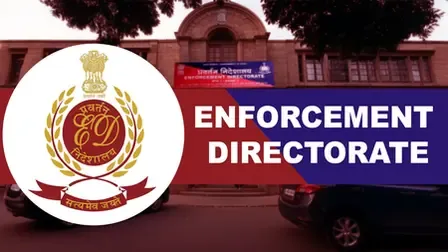How Long Will Bengal Govt Employees Remain Under the 6th Pay Commission?

Synopsis
Key Takeaways
- Current dearness allowance: 18% for West Bengal government employees.
- Required rate for 7th Pay Commission: At least 50% dearness allowance.
- Technical challenges: Merging dearness allowance with basic pay is essential.
- Disparity with other states: Gap of 40% compared to Union government employees.
- Need for reform: Urgent adjustments required for employee welfare.
Kolkata, Oct 4 (NationPress) Despite the Union government's announcement that the 8th Pay Commission will take effect from January 1 of the upcoming year, there are lingering uncertainties regarding how long West Bengal government employees will continue operating under the Sixth Pay Commission.
Sources from the West Bengal Finance Department indicate that a significant technical challenge exists, which could impede the Mamata government’s ability to initiate the implementation of the 7th Pay Commission.
According to a finance official, two essential conditions must be met to transition to a new pay commission.
The first condition is that the dearness allowance in the preceding pay commission must be at least 50%. The second condition stipulates that once the dearness allowance exceeds 50%, it must be integrated with the basic pay.
“This integration effectively resets the dearness allowance, which is at 50% or higher in the previous pay commission, to zero in the upcoming new pay commission, making future increments dependent on inflation,” explained officials from the finance department.
This technical complication poses a significant challenge for the West Bengal government in declaring the 7th Pay Commission.
While the Union government and most other state administrations are providing dearness allowances of 50% or more to their employees, West Bengal government employees are currently receiving only 18%.
This indicates that the West Bengal government must close a 32% gap to achieve the 50% dearness allowance level.
Various associations of West Bengal government employees have argued that this technical issue could have been avoided had the state government adhered to the All India Consumer Price Index (AICPI) as the basis for calculating dearness allowances, similar to the approach taken by the Union government and other states.
Recently, with the Union Cabinet approving an additional three percent increase in dearness allowance rates for Central government employees and pensioners, the disparity in dearness allowance rates between West Bengal government employees and their counterparts in the Union government has widened to 40%.









